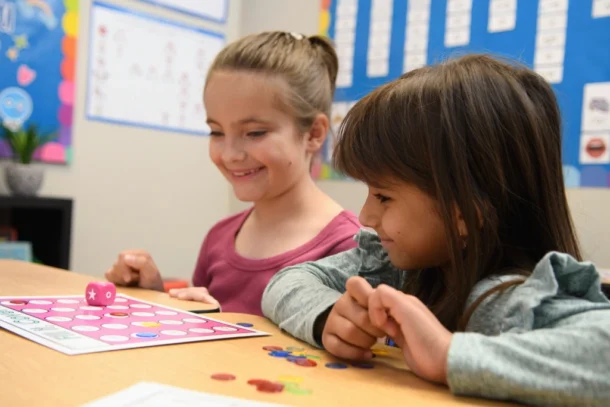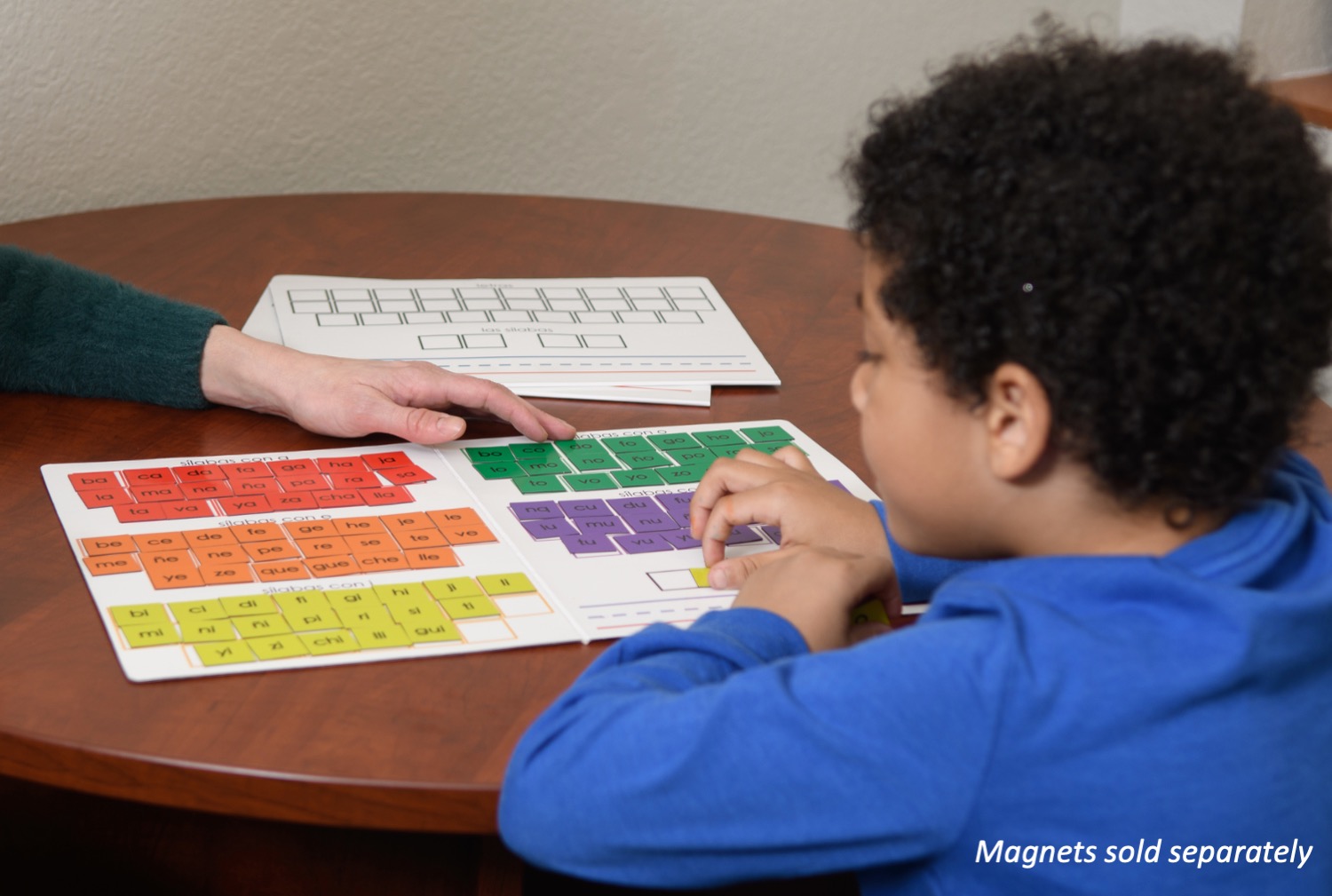Literacy is a cornerstone of human development, extending far beyond the simple ability to read and write. It is intricately linked to the holistic growth of a child, encompassing their social, emotional, and cognitive dimensions. By understanding how literacy influences these areas, parents, educators, and caregivers can more effectively nurture children to become well-rounded individuals capable of navigating the complexities of life.
In this expanded article, we will delve deeper into the multifaceted relationship between literacy and a child’s emotional development, its impact on cognitive skills, and its essential role in fostering emotional intelligence. We will also provide practical tips for supporting literacy and emotional growth.
The Link Between Literacy and Emotional Development
Literacy serves as a bridge that connects children with their inner emotional worlds. The process of learning to read introduces them to a plethora of stories and characters, each embodying a spectrum of emotions. This exposure is crucial for helping children understand their own feelings and empathize with others.
Reading and Emotional Awareness
Books are windows to diverse emotional experiences, showcasing characters who navigate happiness, sadness, anger, and fear. When children engage with these narratives, they learn to identify and label emotions, which is fundamental for developing emotional literacy. This awareness is the first step in building empathy, as it enables children to recognize and appreciate the feelings of those around them.
Moreover, discussing these stories with adults or peers provides a platform for children to voice their thoughts and feelings. Such dialogues not only enhance their emotional vocabulary but also promote effective communication skills. By articulating their emotions, children gain confidence in expressing themselves, which is key to emotional resilience.
Storytelling and Emotional Expression
Storytelling is a dynamic tool that empowers children to express emotions creatively. When children craft their own stories, they navigate various emotional landscapes through their characters and plotlines. This imaginative exercise allows them to experiment with different outcomes and develop problem-solving skills, as they explore how emotions influence decision-making.
Encouraging children to tell or write stories can significantly boost their self-esteem. By seeing their thoughts and emotions take shape in narratives, they gain a sense of mastery over their inner world. This process not only aids in emotional expression but also helps in processing complex feelings in a constructive manner.
The Role of Illustrations in Emotional Understanding
Illustrations in children’s books play a pivotal role in emotional understanding. Visuals can convey emotions that words sometimes cannot, providing another layer of emotional depth. Children often relate to the expressions and body language of illustrated characters, which can enhance their ability to read non-verbal emotional cues.
Parents and educators can use illustrations as conversation starters, asking children how certain images make them feel or what they think a character might be experiencing. This practice can deepen their emotional insight and foster a more nuanced understanding of emotions.

The Role of Literacy in Cognitive Development
Literacy is not just about decoding text; it’s a gateway to cognitive development, encompassing the growth of a child’s ability to think, reason, and solve problems. Literacy activities stimulate essential cognitive skills, laying the groundwork for lifelong learning.
Building Cognitive Skills through Literacy
Engaging in reading and writing activities requires the use of memory and attention. Children must remember characters, plotlines, and details, which exercises their memory retention. Writing, on the other hand, demands the organization of thoughts and ideas, which enhances concentration and focus.
Additionally, literacy activities are often rich in problem-solving opportunities. Whether deciphering a complex narrative or constructing a coherent argument in writing, children utilize critical thinking skills that are vital for cognitive development. These tasks encourage analytical thinking, fostering a mindset geared towards exploration and discovery.
Literacy and Academic Success
Proficient literacy skills form the backbone of academic achievement. Children who excel in reading and writing tend to perform better across all subjects, as these skills are fundamental to understanding and communicating complex ideas. Literacy not only supports language arts but also enhances comprehension in science, math, and social studies.
By nurturing literacy from an early age, we equip children with the tools necessary for academic success. This foundational competence opens up a world of educational and career opportunities, enabling children to reach their full potential and pursue their passions.
Encouraging Critical Thinking through Diverse Genres
Exposure to various literary genres encourages critical thinking by challenging children to adapt to different styles and perspectives. Each genre, whether fiction, non-fiction, poetry, or drama, offers unique challenges and learning experiences. By exploring diverse genres, children learn to appreciate the nuances of different writing styles and themes.
Parents and educators can facilitate this exploration by introducing children to a wide range of books and discussing the unique elements of each genre. This practice broadens their cognitive horizons and fosters a love for lifelong learning.
Fostering Emotional Intelligence through Literacy
Emotional intelligence encompasses the ability to recognize, understand, and manage one’s own emotions, as well as empathize with others. Literacy provides a fertile ground for cultivating these critical life skills.
Enhancing Empathy and Understanding
Through reading, children are introduced to a tapestry of characters and situations, each offering a glimpse into the diversity of human experience. This exposure broadens their worldview, helping them develop empathy by seeing things from different perspectives. As they connect with characters’ struggles and triumphs, children learn to appreciate the complexity of emotions.
Engaging in discussions about books further enhances empathy. By articulating their interpretations and feelings, children refine their understanding of others’ emotions, strengthening their ability to empathize and connect on a deeper level.
Developing Self-Regulation and Social Skills
Literacy activities contribute to the development of self-regulation, the ability to manage emotions and behavior. When children read about characters navigating conflicts or making decisions, they learn strategies for handling their own emotions in similar situations. These lessons in self-regulation are invaluable for managing stress and building resilience.
Moreover, group literacy activities, such as book clubs or reading circles, provide a platform for practicing social skills. These settings encourage children to take turns, listen actively, and express their opinions, fostering a sense of community and collaboration.
Strengthening Communication Skills
Literacy naturally enhances communication skills, as it involves interpreting and conveying ideas effectively. By engaging with text, children learn to articulate their thoughts clearly and confidently. This skill is crucial for building strong interpersonal relationships and succeeding in collaborative environments.
Parents and educators can support this development by encouraging children to express their ideas and opinions about books, fostering an environment where open communication is valued and practiced.

Practical Tips for Supporting Literacy and Emotional Development
Parents, educators, and caregivers play a pivotal role in nurturing children’s literacy and emotional growth. Here are some practical strategies to support these areas:
Encourage a Love of Reading
Cultivate a reading-friendly environment by providing a diverse array of books and reading materials. Allow children to choose books that align with their interests, making reading a personalized and engaging activity. By associating reading with enjoyment, children are more likely to develop a lifelong love for it.
Discuss Books and Stories
Engage children in meaningful conversations about the books they read. Ask open-ended questions about characters’ motivations and feelings to encourage deeper thinking and understanding. These discussions not only enhance comprehension but also foster critical thinking and empathy.
Incorporate Writing Activities
Encourage children to express themselves through writing, whether it’s crafting stories, maintaining journals, or composing letters. Writing allows children to process their thoughts and emotions while honing their literacy skills. Celebrate their creativity and provide constructive feedback to boost their confidence.
Use Storytelling as a Tool
Promote storytelling as a means of exploring emotions and creativity. Encourage children to create and share their own stories, providing a safe space for them to experiment with different emotional scenarios. Storytelling fosters imagination and allows children to navigate complex feelings in a playful, constructive way.
Be a Role Model
Demonstrate the value and joy of reading and writing by modeling these behaviors yourself. Share your favorite books and stories with children, and show enthusiasm for literary activities. By seeing adults engage with literacy, children are more likely to adopt similar attitudes and habits.
Conclusion
Literacy is a powerful catalyst for a child’s social and emotional development. By enhancing emotional awareness, cognitive skills, and emotional intelligence, literacy equips children to navigate the intricacies of their emotions and interactions with others. Supporting children’s literacy development lays the foundation for their academic and social success, paving the way for them to become empathetic, well-rounded individuals.
Encouraging a love of reading and writing from an early age is an investment in a child’s future, yielding dividends in emotional well-being and life success. By integrating literacy into everyday activities and fostering a nurturing environment, we can empower children with the skills they need to thrive emotionally and socially.
Contact PDX Reading Specialist for a Comprehensive Assessment
If you’re looking to enhance your child’s literacy and emotional development, consider reaching out to the PDX Reading Specialist. Our team is dedicated to providing comprehensive assessments tailored to your child’s unique needs. By identifying strengths and areas for growth, we can help create a personalized plan that fosters both literacy skills and emotional intelligence.
Don’t wait to invest in your child’s future! Contact us today to schedule an assessment and take the first step towards empowering your child with the skills they need to succeed.


